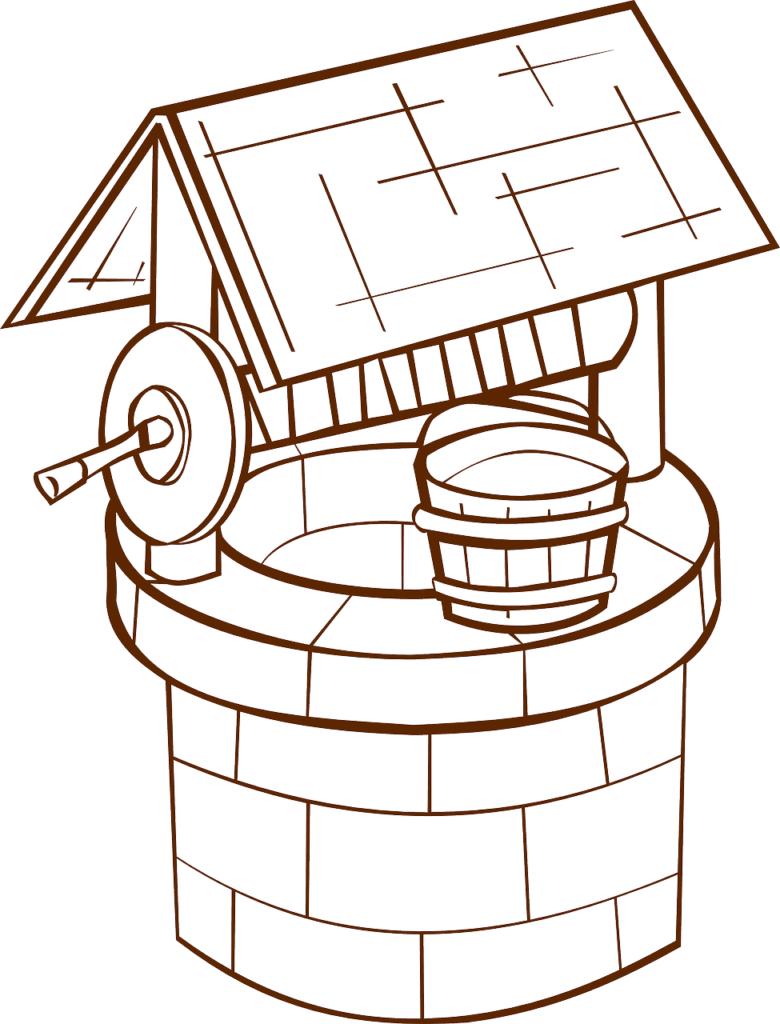Mastering Healthy Diet and Weight Management Tips for Your 50sAs you enter your 50s, you’ve likely noticed significant changes in your body, from a slower metabolism to potential health concerns. Mastering a healthy diet and weight management strategy is crucial during this stage of life, where maintaining a healthy weight can significantly impact your overall well-being and reduce the risk of age-related diseases. In this article, you’ll discover expert-backed tips and techniques to help you navigate the challenges of dietary changes and weight management in your 50s, empowering you to take control of your health and thrive in this critical decade. Are you prepared to tackle the challenges of maintaining a healthy diet and weight in your 50s?
Table of Contents
Mastering Healthy Diet and Weight Management Tips for Your 50s
As you enter your 50s, you may notice changes in your body that can make it more difficult to maintain a healthy weight. Your metabolism slows down, and you may experience a loss of muscle mass, gain in body fat, and a decrease in hormones that regulate hunger and fullness. However, with the right strategies, you can overcome these challenges and achieve a healthy weight that will improve your overall well-being.

This image is property of pixabay.com.
Understanding the Importance of Healthy Weight Management
Maintaining a healthy weight is crucial in your 50s, as excess weight can increase the risk of chronic diseases such as diabetes, heart disease, and certain types of cancer. Furthermore, being overweight or obese can also affect your mental health, energy levels, and overall quality of life. By adopting a healthy diet and weight management plan, you can reduce the risk of these health problems and enjoy a better life.
The Role of Nutrition in Weight Management
A well-balanced diet plays a vital role in weight management. Focus on whole, unprocessed foods such as vegetables, fruits, whole grains, lean proteins, and healthy fats. These foods provide essential nutrients, satiety, and fiber, making it easier to maintain a healthy weight. Additionally, stay hydrated by drinking plenty of water throughout the day.
Key Principles for a Healthy Diet in Your 50s
To achieve a healthy weight, it’s essential to understand the key principles of a healthy diet. These include:
Eat Nutrient-Dense Foods
Focus on whole, unprocessed foods that provide essential nutrients, fiber, and satiety. Aim for a variety of colorful vegetables, fruits, whole grains, lean proteins, and healthy fats.
Control Portion Sizes
Eat appropriate portion sizes to maintain a healthy calorie intake. Use a food scale or measuring cups to gauge your portions and avoid overeating.
Limit Processed and Refined Foods
Restrict or avoid processed and refined foods, which are often high in unhealthy fats, added sugars, and sodium. These foods can hinder weight loss and contribute to chronic diseases.
Stay Hydrated
Drink plenty of water throughout the day to stay hydrated and support overall health.
Effective Weight Loss Strategies for Your 50s
In addition to a healthy diet, incorporating effective weight loss strategies can help you achieve and maintain a healthy weight. These include:
Gradual Weight Loss
Aim for a gradual weight loss of 1-2 pounds per week for a sustainable and healthy weight loss.
Incorporate Physical Activity
Engage in regular physical activity, such as brisk walking, swimming, or weight training, to boost your metabolism and support weight loss.
Get Enough Sleep
Aim for 7-9 hours of sleep per night to support weight regulation, hormone production, and overall health.
Manage Stress
Find healthy ways to manage stress, such as meditation, yoga, or deep breathing exercises, to reduce the risk of overeating and weight gain.
Common Challenges and Solutions
During your 50s, you may face common challenges that can hinder weight loss and healthy diet management. These include:
Slowing Metabolism
As you age, your metabolism slows down, making it more challenging to lose weight. Solution: Incorporate physical activity, strength training, and high-intensity interval training (HIIT) to boost your metabolism.
Hormonal Changes
Hormonal fluctuations can affect hunger and fullness hormones, leading to weight gain. Solution: Focus on whole, nutrient-dense foods, and consider consulting with a healthcare professional or registered dietitian for personalized guidance.
Reduced Mobility
Reduced mobility or chronic health conditions can make it difficult to engage in physical activity. Solution: Consult with a healthcare professional or fitness expert to develop a customized exercise plan that suits your needs and abilities.

This image is property of pixabay.com.
Example 1: Case Study – Maintaining Weight Loss in Your 50s
A 55-year-old woman, Sarah, struggled with weight loss after menopause. She incorporated a healthy diet and weight management plan, including regular physical activity, stress management, and adequate sleep. With the support of a registered dietitian, Sarah was able to lose 20 pounds and maintain a healthy weight for over a year.
Compare Different Perspectives
Different perspectives and approaches can be effective in achieving a healthy weight and diet management in your 50s. These include:
Keto Diet
The keto diet is a low-carb, high-fat diet that can be effective for weight loss in some individuals. However, it may not be suitable for everyone, particularly those with certain health conditions.
Low-Fat Diet
A low-fat diet can be effective for weight loss, but it may not provide enough satiety and nutrients for overall health.
Plant-Based Diet
A plant-based diet can be an effective and healthy approach to weight loss and overall health, but it may require careful planning to ensure adequate protein and nutrient intake.

Assessing Impact
The impact of a healthy diet and weight management plan in your 50s can be significant, leading to:
Improved Overall Health
A healthy diet and weight management plan can reduce the risk of chronic diseases, improve mental health, and enhance overall well-being.
Increased Energy
Maintaining a healthy weight and adopting a balanced diet can increase energy levels and support physical activity.
Better Sleep
A healthy diet and weight management plan can improve sleep quality and duration.
Future Directions and Implications
As you enter your 50s, it’s essential to prioritize a healthy diet and weight management plan to reduce the risk of chronic diseases and improve overall well-being. By adopting a balanced diet, incorporating physical activity, and managing stress, you can achieve a healthy weight and enjoy a better life.
So, what do you think? Are you ready to take control of your diet and weight management in your 50s?

Nutrition Essentials for Over 50s: Dos and Don’ts to Keep You Healthy and Nourished!
Disaster Resilience: How to Prepare Your Home for Emergencies

